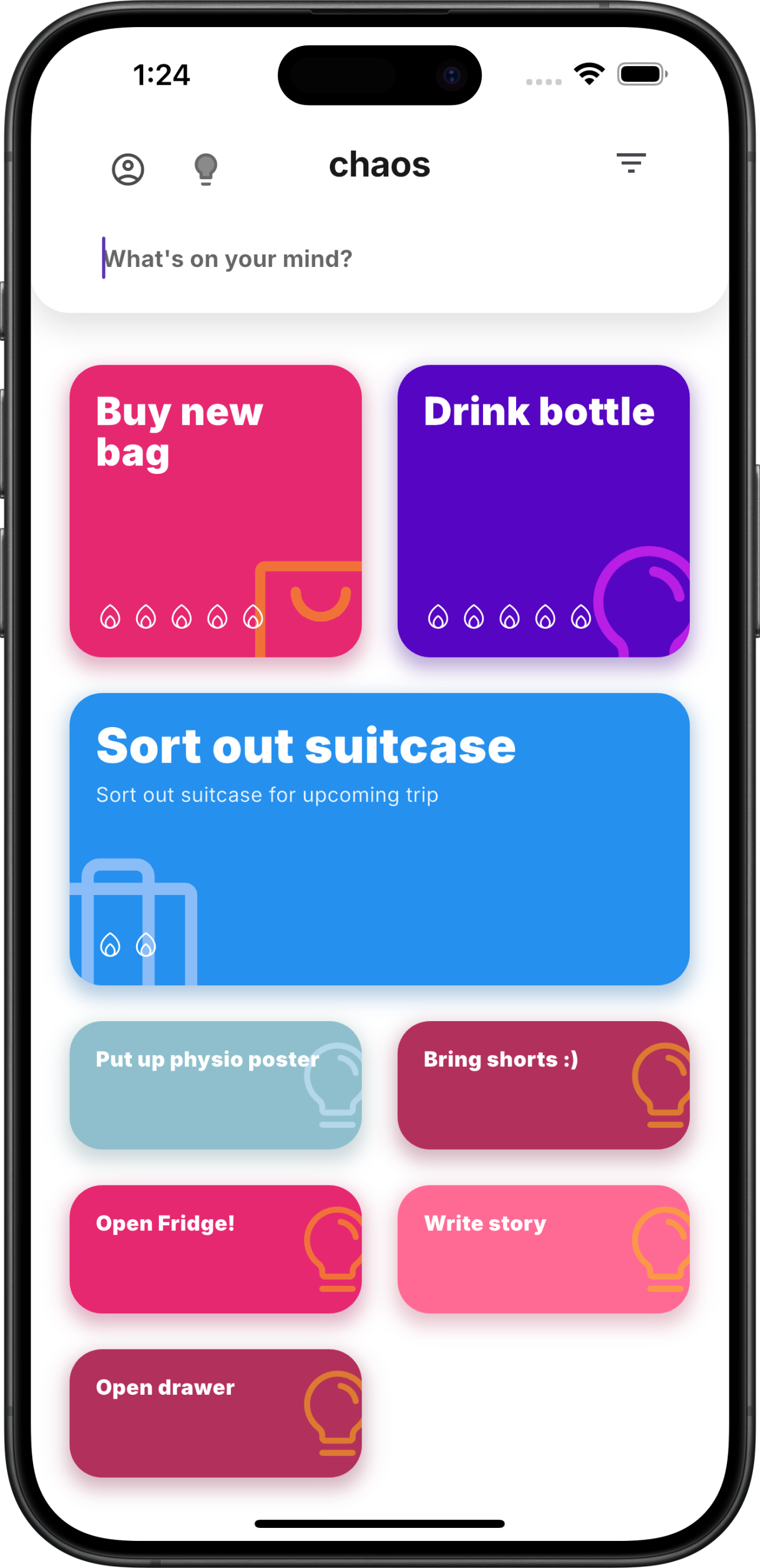Creative Operations Workflow That Keeps Ideas Moving
Category: Academy · Stage: Optimisation
By Max Beech, Head of Content
Updated 9 September 2025 · Expert review: [PLACEHOLDER: Executive Producer, Chaos Collective]
Why it matters: A creative operations workflow is the spine that keeps briefs, edits and launches aligned when momentum spikes. The Design Council’s Design Economy 2024 report values the UK design sector at £97.4bn, yet too many studios still juggle approvals in side-channel spreadsheets.^[1]^ This playbook shows how Chaos can hold ritual, asset and review data in one place so your creative team ships without burning out.
- Why does a creative operations workflow need a single source of truth?
- How do you assemble a creative operations workflow in Chaos?
- What keeps a creative operations workflow resilient under pressure?
TL;DR
- Spin up a creative operations workflow workspace in Chaos with a single intake form, reusable brief templates and an approvals Kanban.
- Automate weekly rituals—planning, reviews, retros—so designers, producers and stakeholders see the same status without chasing Slack.
- Protect wellbeing by pairing the workflow with focus scoreboards and recovery nudges when utilisation spikes.
 Creative operations workflow hub showing briefs, approvals and energy recovery blocks in Chaos.
Creative operations workflow hub showing briefs, approvals and energy recovery blocks in Chaos.
Why does a creative operations workflow need a single source of truth?
Without a single workspace, references scatter across Miro boards, inboxes and drive folders. A creative operations workflow anchored in Chaos gives producers a live pulse: briefs link to asset folders, approvals tag decision makers, and the focus scoreboard shows when the team is at capacity.
External partners such as the W3C Web Accessibility Initiative emphasise inclusive review loops. Hosting checklists, transcripts and colour contrast audits in Chaos keeps compliance visible and prevents creative debt.
Case story (composite): Imagine Mira, the operations lead at a 12-person motion studio. Before Chaos, each launch sprint lived in a Notion doc that nobody updated. After migrating to a creative operations workflow template, Mira’s team halved revision cycles because producers, editors and clients commented on the same record instead of swapping PDFs.
How do you assemble a creative operations workflow in Chaos?
Design the weekly heartbeat
Create a shared calendar that blocks Monday intake, Wednesday creative review and Friday retro. Trigger reminders through Chaos when briefs move into “Ready for Review”, and link to your AI-powered meeting notes so feedback lands as tasks instead of vague comments.
Instrument every deliverable
Use a form to capture campaign goals, audience, channels and non-negotiables. Chaos autogenerates a creative operations workflow card with embedded assets; tag it with utilisation data so the onboarding playbook knows which rituals a new designer must shadow.
Stage
Ritual
Chaos automation
Intake
Creative brief form + Kick-off huddle
Auto-tag brief, schedule kick-off via agent
Production
Daily stand-up, asset checklist, focus blocks
Reminder nudges referencing [wellbeing resets](/blog/neurospicy-weekend-reset)
Review
Async review queue, live sign-off, version freeze
Tag decision log, notify legal/compliance
Retrospective
Retro prompts, asset archive, learnings broadcast
Auto-publish wrap note to #launch channel
Map each stage of the creative operations workflow to a Chaos automation so no handoff depends on memory.
Guard review energy
Pair approvals with wellbeing guardrails. Sync utilisation to the dopamine break menu and schedule decompression windows after big share-outs. This prevents “always on” review culture and keeps your best creatives in the room.
What keeps a creative operations workflow resilient under pressure?
Three counterpoints deserve attention. First, avoid turning the workflow into bureaucracy—keep fields lightweight and let creative leads customise tags per campaign. Second, surface accessibility checkpoints early; W3C guidance shows inclusive design saves rework later in the process.^[2]^ Third, publish a decision log so stakeholders see trade-offs before they request “just one more tweak”.
Key takeaways
- Cement a creative operations workflow in Chaos so briefs, feedback and approvals reference the same source of truth.
- Automate the heartbeat rituals and use dashboards to spotlight blockers before they derail a launch.
- Protect creative energy with wellbeing nudges and documented decision logs to stop revision fatigue.
Next steps
- Audit your current creative pipeline and list every approval and ritual on paper.
- Import the data into a Chaos workspace, tagging owners, deadlines and wellbeing check-ins.
- Run the workflow for one sprint, then refine using insights from the retro board.
{
"@context": "https://schema.org",
"@type": "HowTo",
"name": "Creative Operations Workflow That Keeps Ideas Moving",
"headline": "Creative Operations Workflow That Keeps Ideas Moving",
"description": "Build a creative operations workflow in Chaos that unites briefs, approvals and wellbeing guardrails for hybrid teams.",
"datePublished": "2025-09-09",
"dateModified": "2025-09-09",
"image": "https://chaos.build/media/app_screenshots/app-screenshot-home_screen.png",
"author": {
"@type": "Person",
"name": "Max Beech",
"jobTitle": "Head of Content"
},
"publisher": {
"@type": "Organization",
"name": "Chaos",
"logo": {
"@type": "ImageObject",
"url": "https://chaos.build/media/logo-icon_only-white.png"
}
},
"tool": [
{
"@type": "HowToTool",
"name": "Chaos workflow templates"
},
{
"@type": "HowToTool",
"name": "Focus scoreboard dashboard"
}
],
"supply": [
{
"@type": "HowToSupply",
"name": "Creative brief intake form"
}
],
"step": [
{
"@type": "HowToStep",
"name": "Design the weekly heartbeat",
"text": "Schedule planning, review and retro rituals and automate reminders inside Chaos."
},
{
"@type": "HowToStep",
"name": "Instrument every deliverable",
"text": "Capture brief data through a form and link assets, decisions and wellbeing tags."
},
{
"@type": "HowToStep",
"name": "Guard review energy",
"text": "Pair approvals with wellbeing nudges and decision logs so revisions stay intentional."
}
]
}